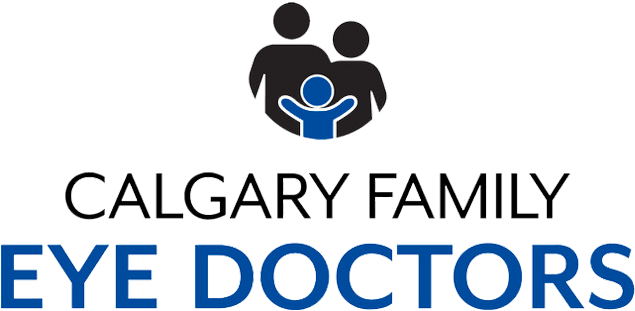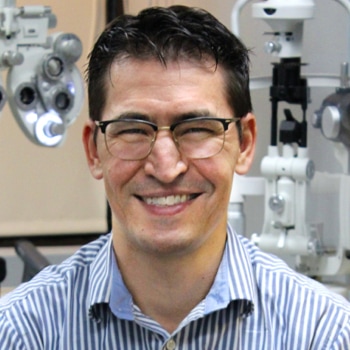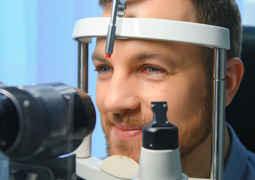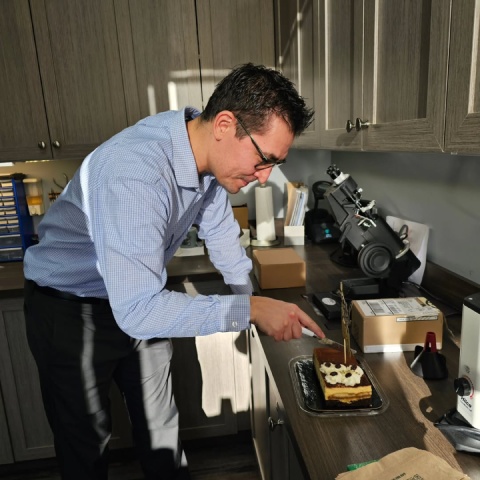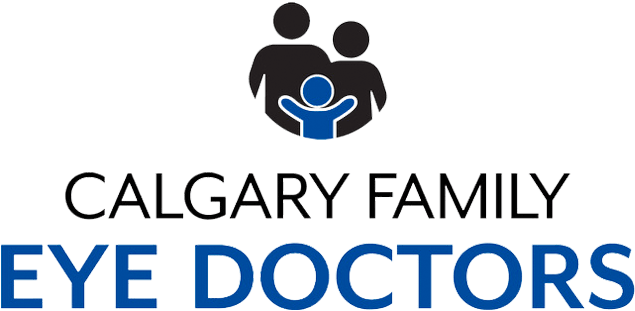Glaucoma, often called “the silent thief of sight,” is a group of eye diseases that can cause permanent vision loss without intervention. It can cause long-term damage to your vision, and if left untreated, it can lead to total vision loss. Fortunately, an optometrist can check for glaucoma during your next comprehensive eye exam.
The early warning signs for glaucoma include increased pressure in the eye, gradual loss of peripheral vision, and, on occasion, blurry vision. If you feel that you are experiencing any of these symptoms, visit your optometrist as soon as you can to get checked for glaucoma.
What Is Glaucoma?
Glaucoma most frequently occurs when there’s too much pressure within the eye, which eventually damages the optic nerve and starts to cause vision problems.
Your eye is a complex organ. A clear liquid called aqueous humour flows into your eye to maintain the eye’s pressure and deliver nutrients, and there’s a drainage system that lets this fluid exit the eye. When the drainage system isn’t functioning properly, the pressure inside the eye can increase, like air building up in a balloon.
This increased pressure can affect the optic nerve, pinching it and damaging different parts, leading to permanent vision loss. There are several different types of glaucoma, including:
- Open-angle glaucoma, where the drainage system becomes less efficient
- Normal-tension glaucoma, where pressure in the eye reads normal, but the optic nerve becomes damaged
- Secondary glaucoma, where the pressure buildup is due to another medical condition
- Congenital glaucoma, where an infant is born with the condition (this is extremely rare)
Angle-closure glaucoma is the fourth and final type of glaucoma, where the drainage system becomes completely blocked. This type of glaucoma is often painful and is considered a medical emergency.
What Does Glaucoma Do?
Glaucoma is often called the “silent thief of sight” because the most common type (open-angle glaucoma) can progress without obvious symptoms until you experience noticeable vision loss. When the optic nerve becomes damaged, it isn’t able to heal, so the vision loss caused by glaucoma is permanent.
This makes it essential to regularly visit your optometrist for comprehensive eye exams. Your routine eye exam gives your optometrist the opportunity to check and monitor your intraocular pressure and detect conditions like glaucoma in its early stages—before permanent damage occurs.
Glaucoma: Signs & Symptoms
It’s nearly impossible to self-diagnose glaucoma. However, there are some symptoms you can watch for that may indicate you should visit your optometrist:
- A loss of peripheral vision
- Halos around lights
- Discomfort or eye irritation
- Blurry vision
- Frequent headaches or eye strain
- Difficulty seeing subtle differences in colours
Many of these symptoms are also indicators of other eye conditions. If you notice these symptoms often, you should visit your optometrist for a comprehensive eye exam. But if you notice pain in your eyes or the surrounding area, seek immediate medical attention—it may be an indicator of an eye condition.
How Is Glaucoma Diagnosed?
Now that you know what to look for, you might be wondering: if glaucoma is so hard to notice at first, how is it diagnosed?
Diagnosing glaucoma involves a comprehensive eye exam. Your optometrist can measure your eye pressure, check your eye’s drainage angle, and view your optic nerve using imaging.
Is Glaucoma Treatable?
While damage to the optic nerve can’t be reversed, an early diagnosis makes a big difference. If your optometrist detects the development of this disease, they can design a treatment plan to reduce its progression.
Your optometrist might recommend:
- Prescription eye drops
- Oral medication
- Laser therapy to improve your eye’s drainage
- Surgery to improve your drainage system or to create a new one
If your optometrist recommends these treatments, they may have you return for regular monitoring and checkups. They also may recommend lifestyle changes to help reduce glaucoma progression:
- Maintaining a healthy diet and weight
- Avoiding unhealthy habits
- Managing existing medical conditions
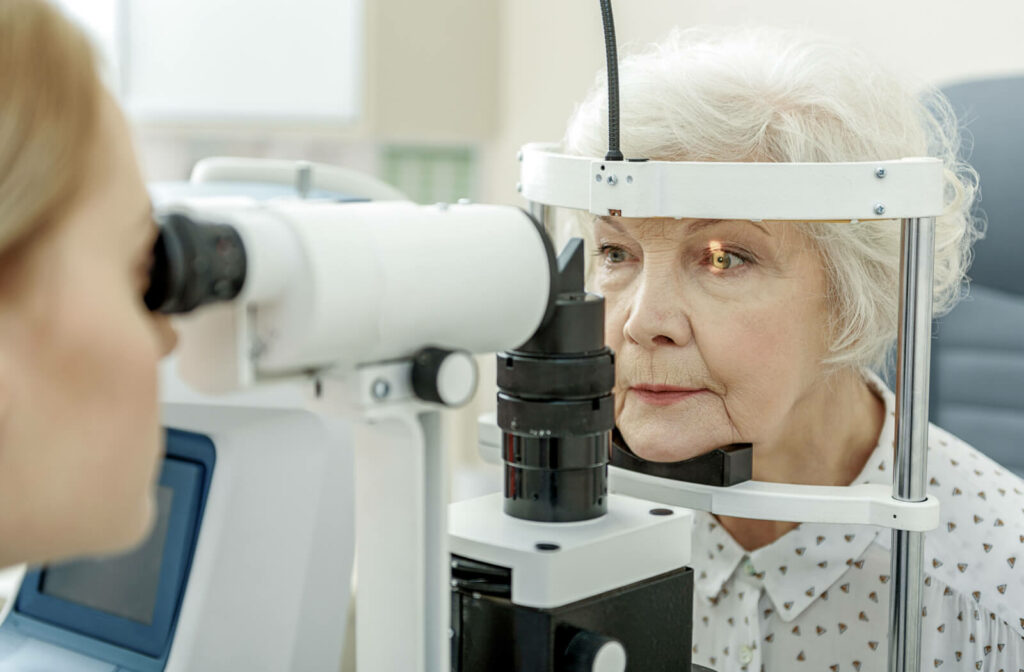
Where to Get Help for Glaucoma
If you experience symptoms related to glaucoma, or if it’s been a while since your last exam, book an appointment at Calgary Family Eye Doctors. We’re here to help keep your vision clear and bright.
